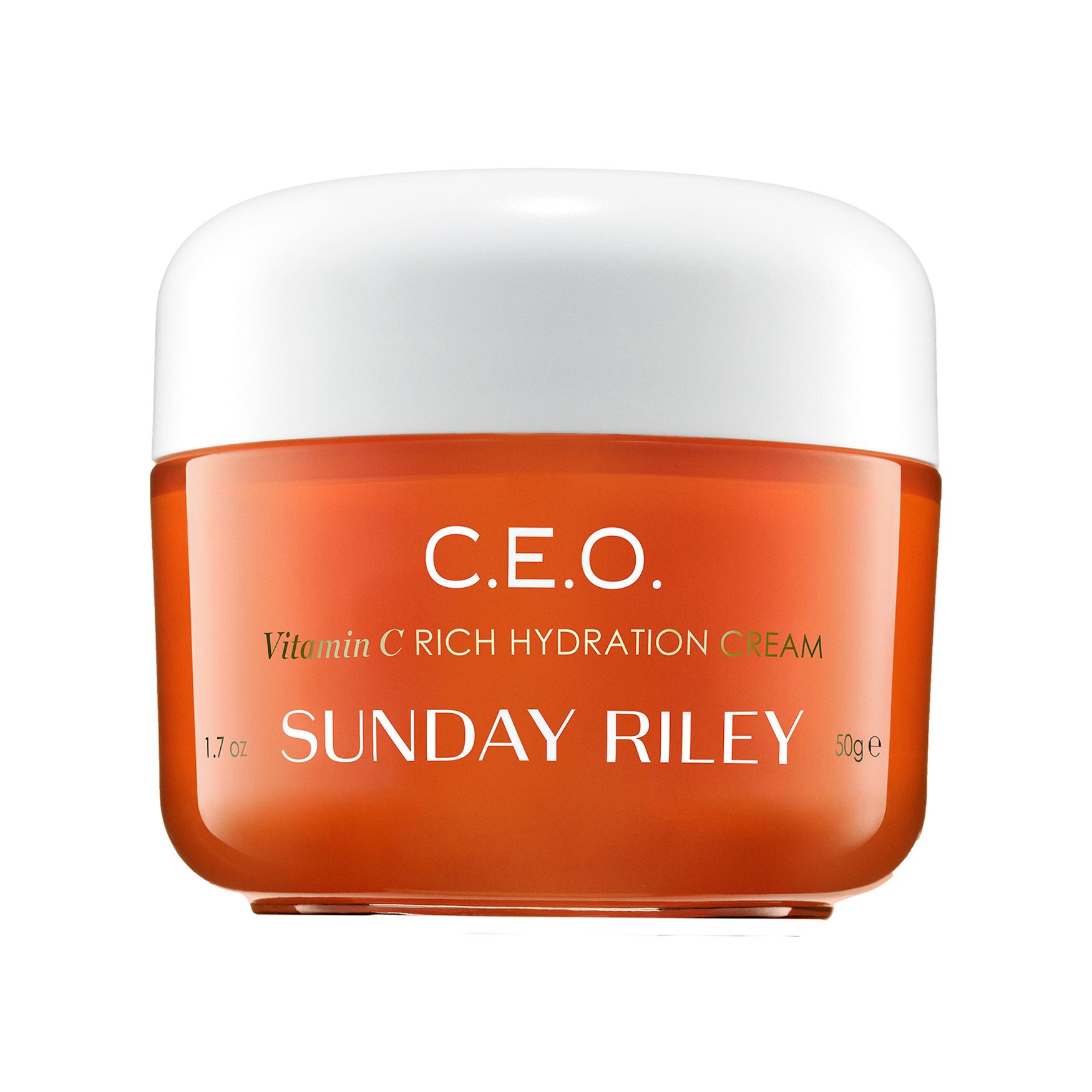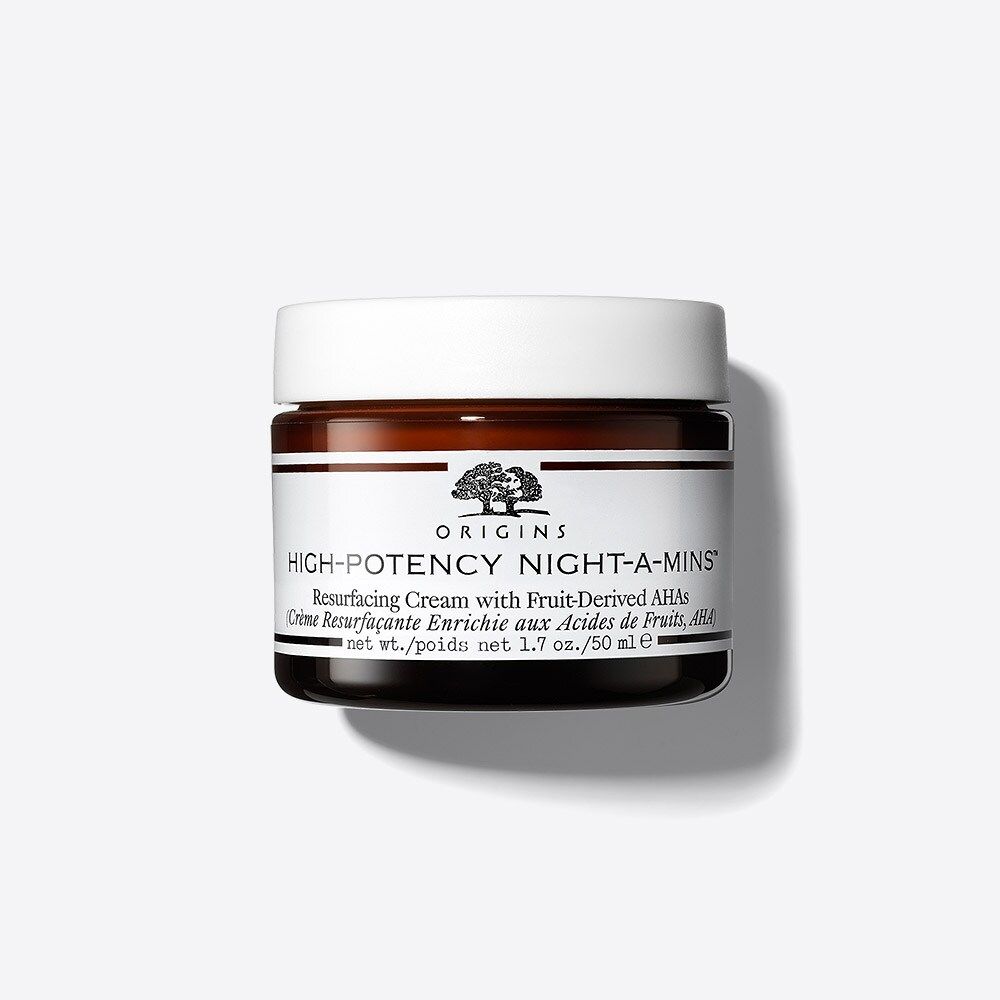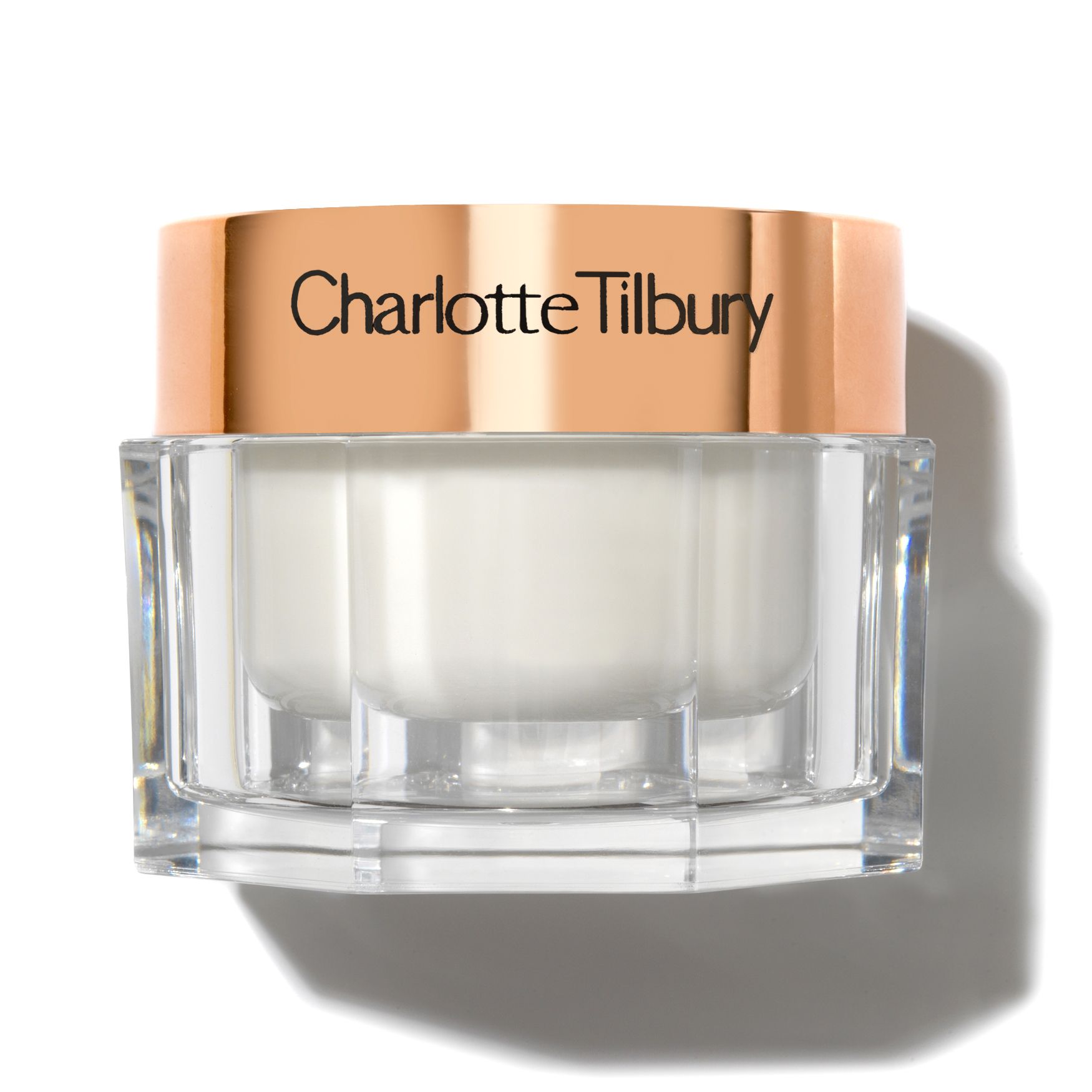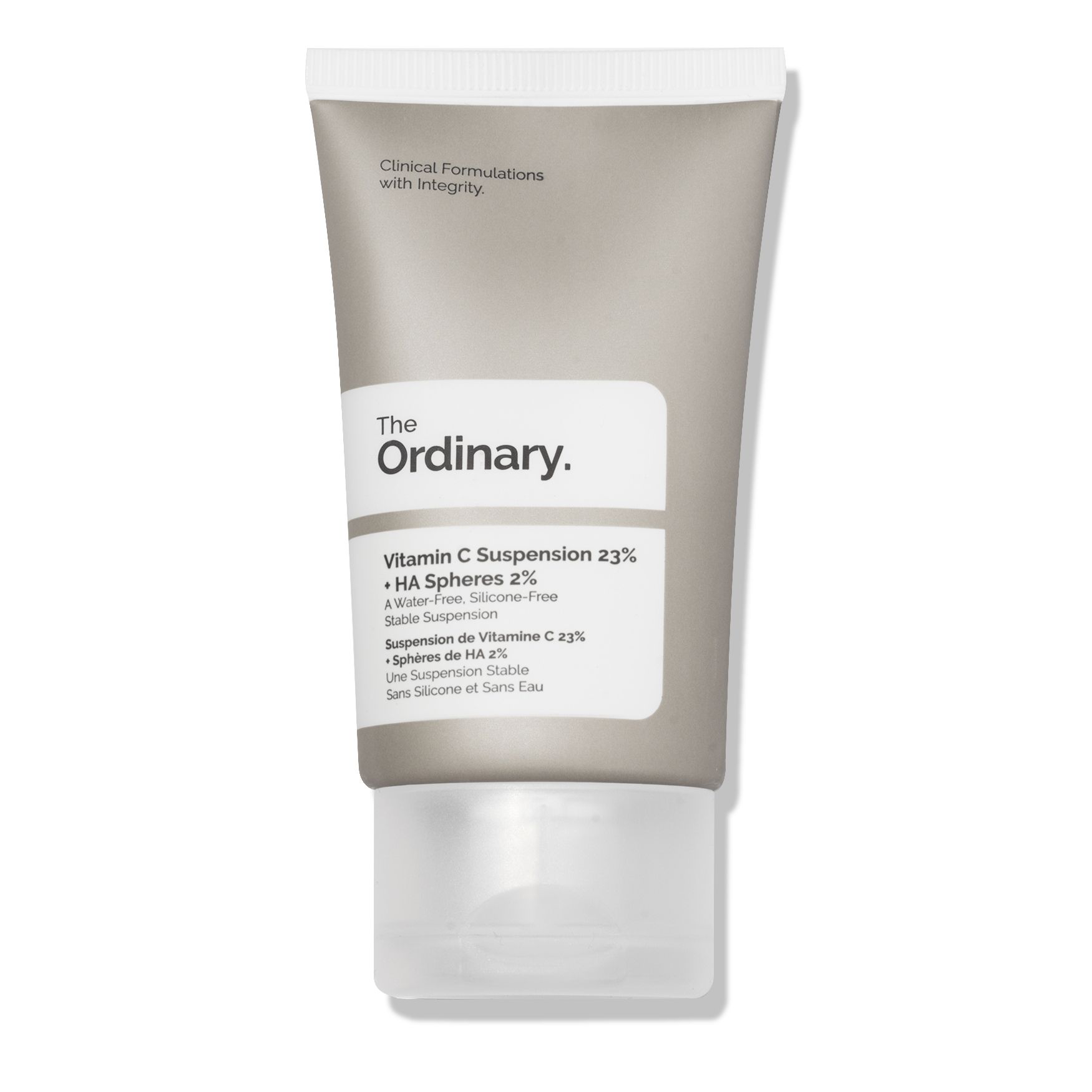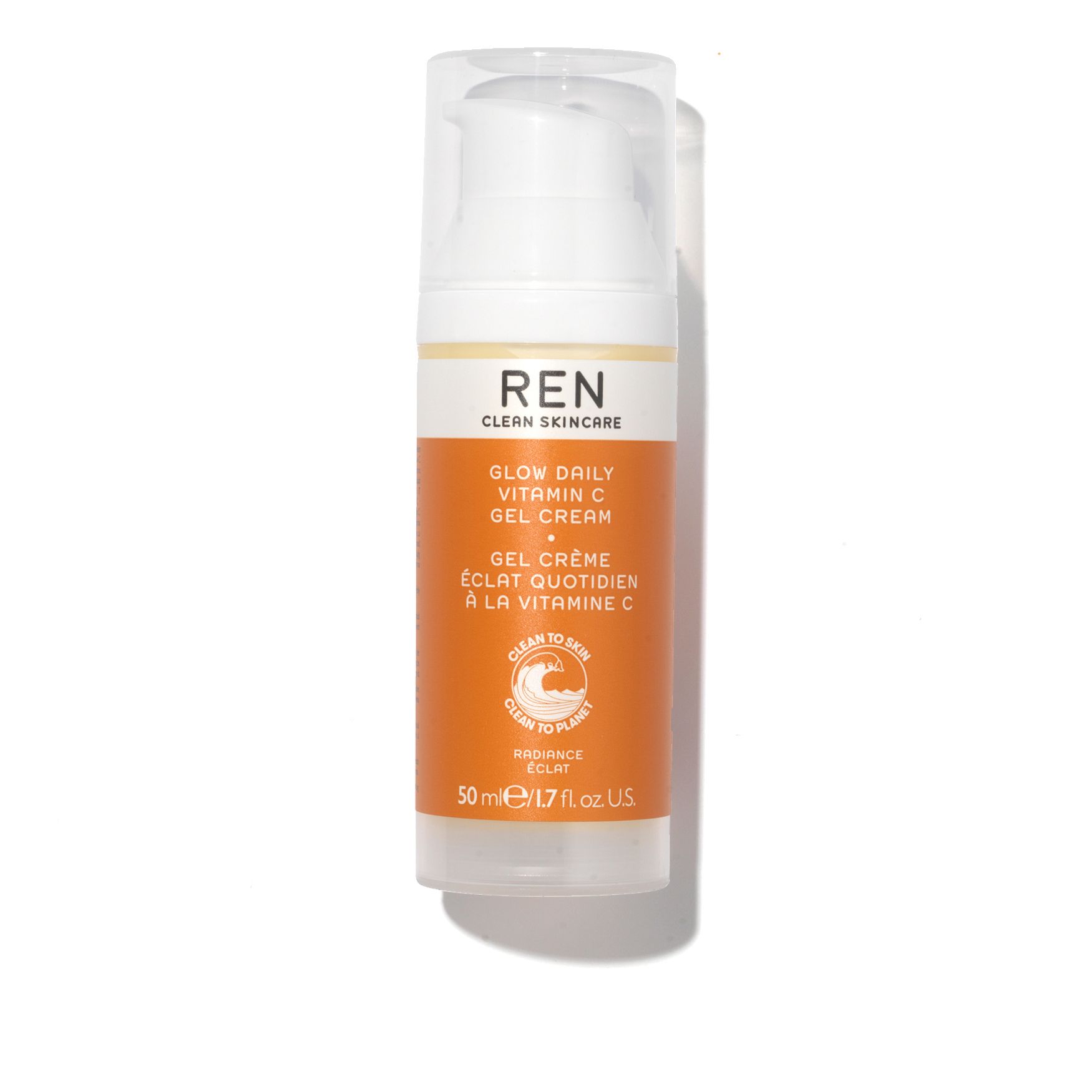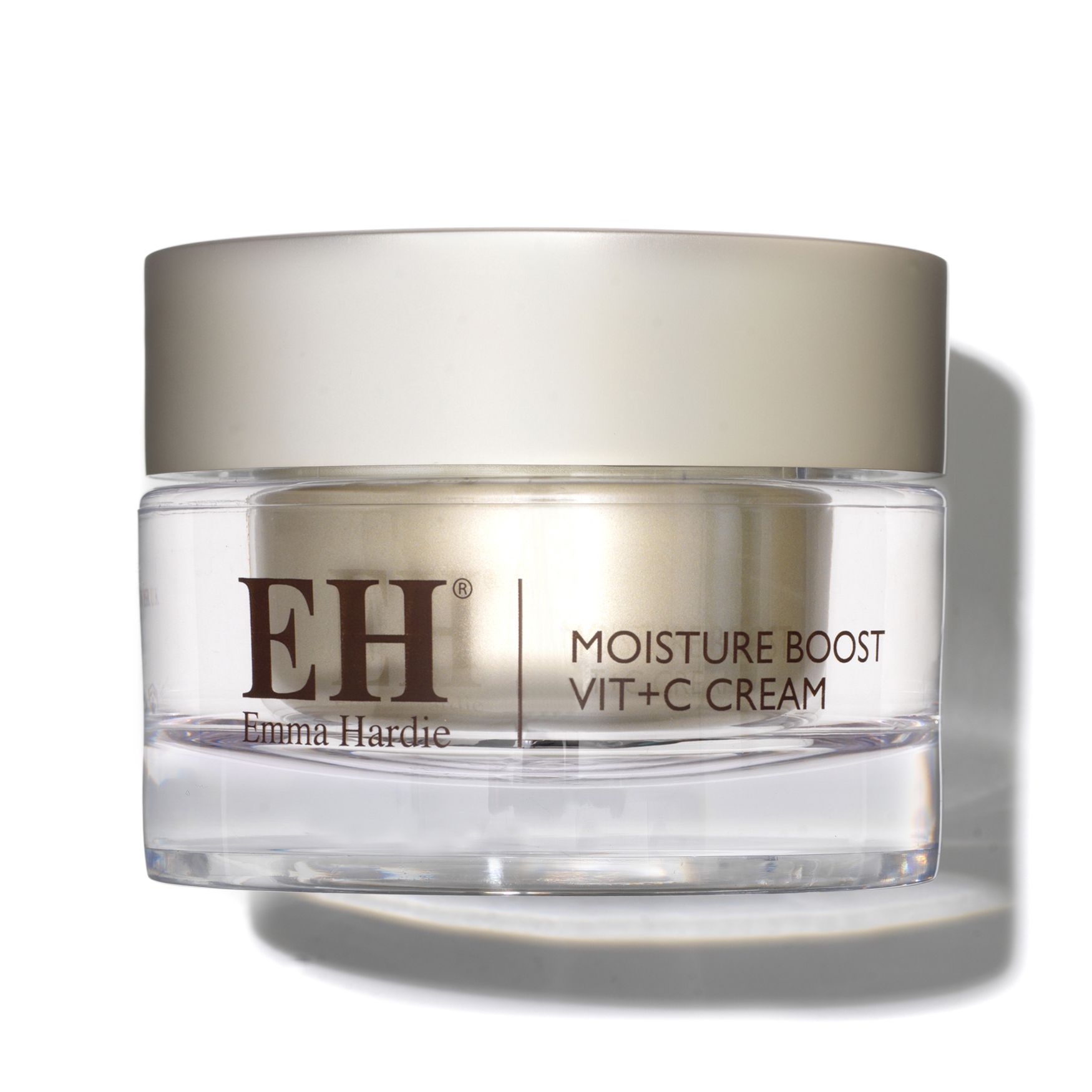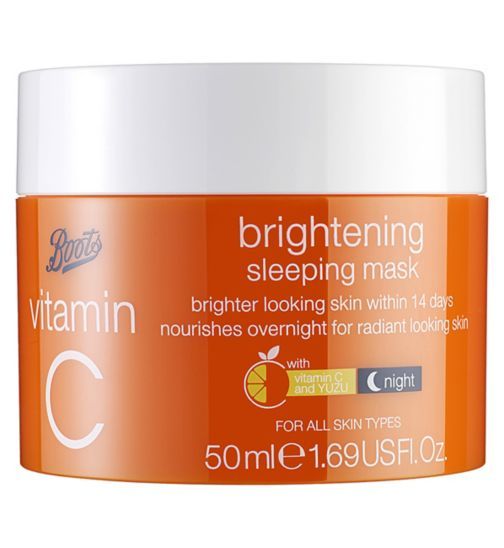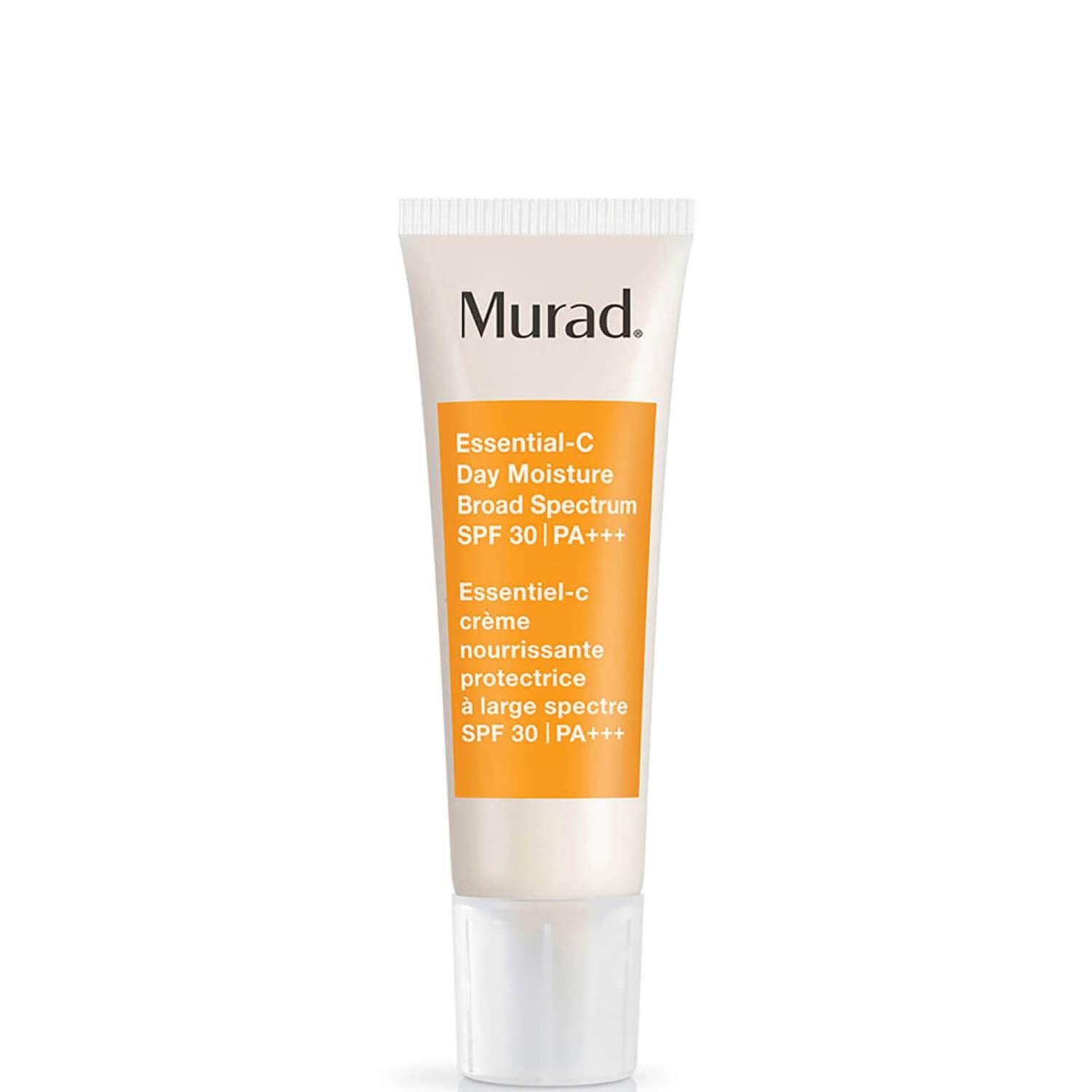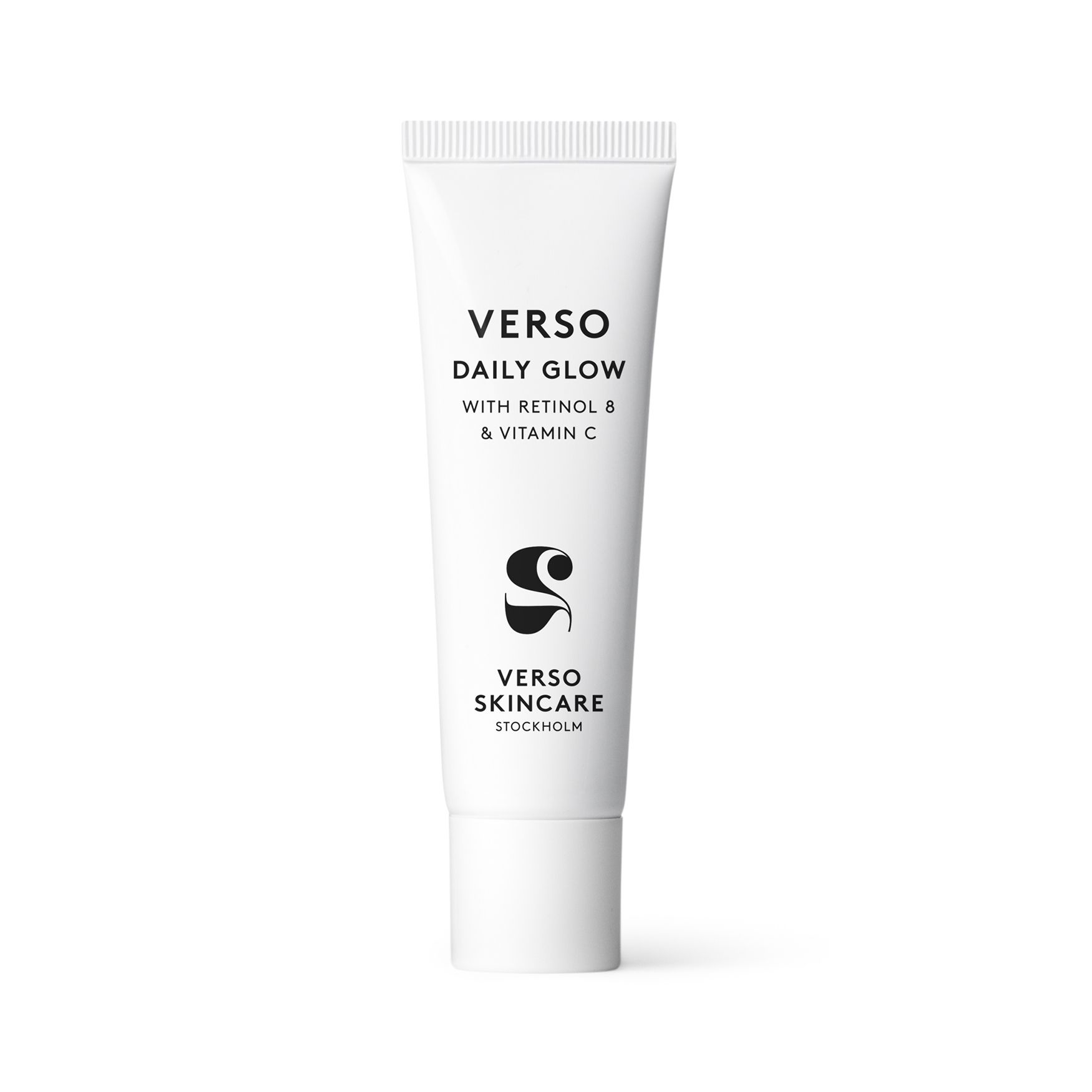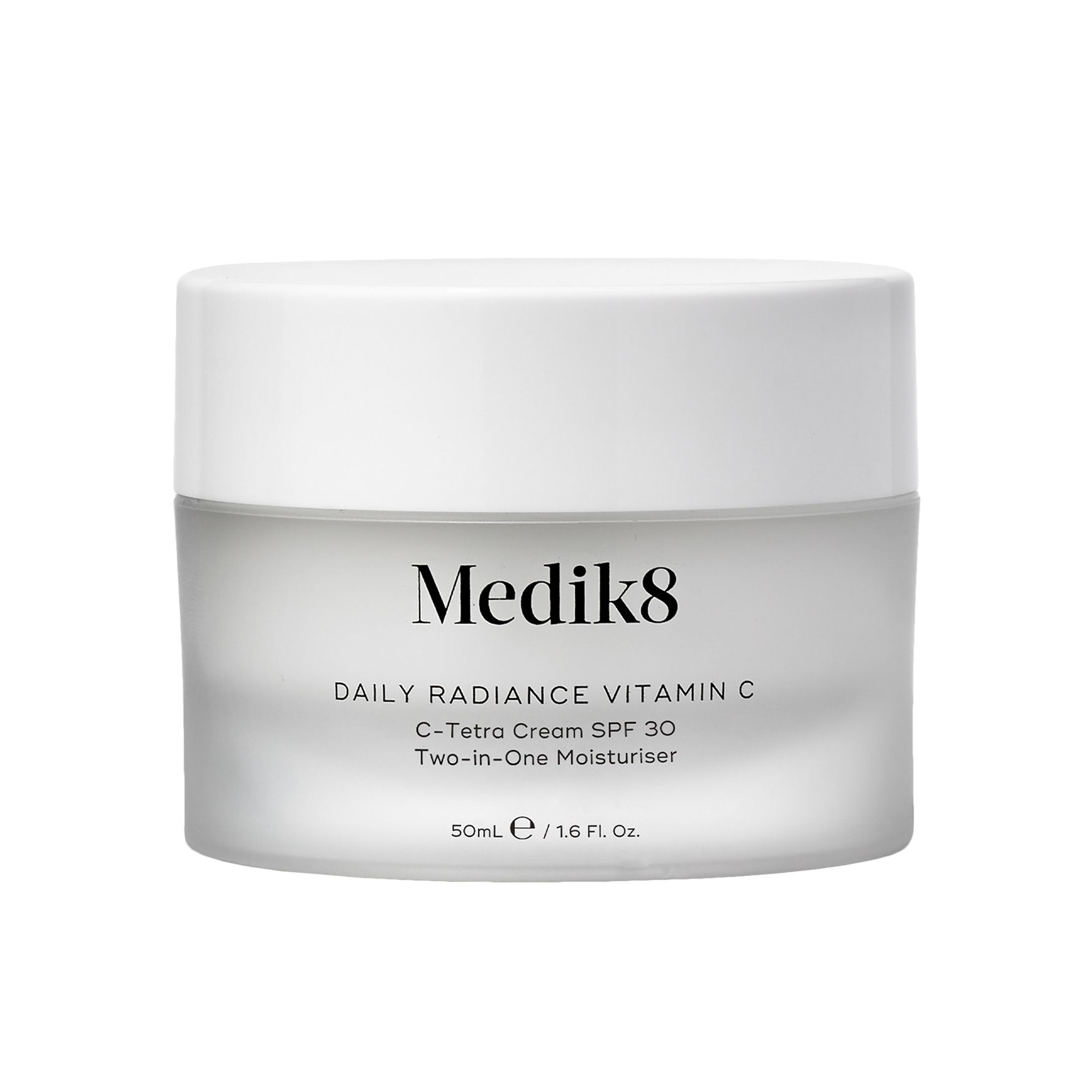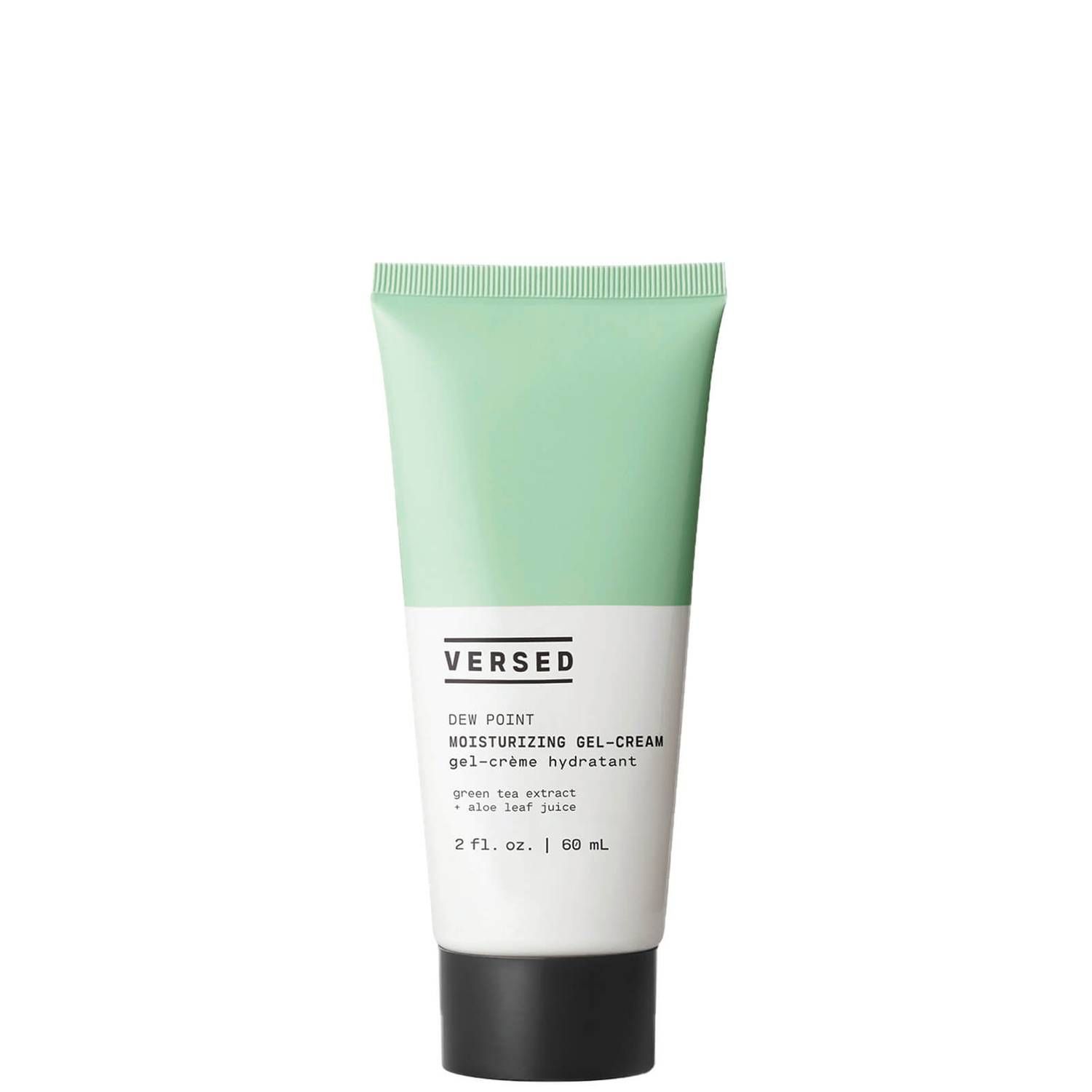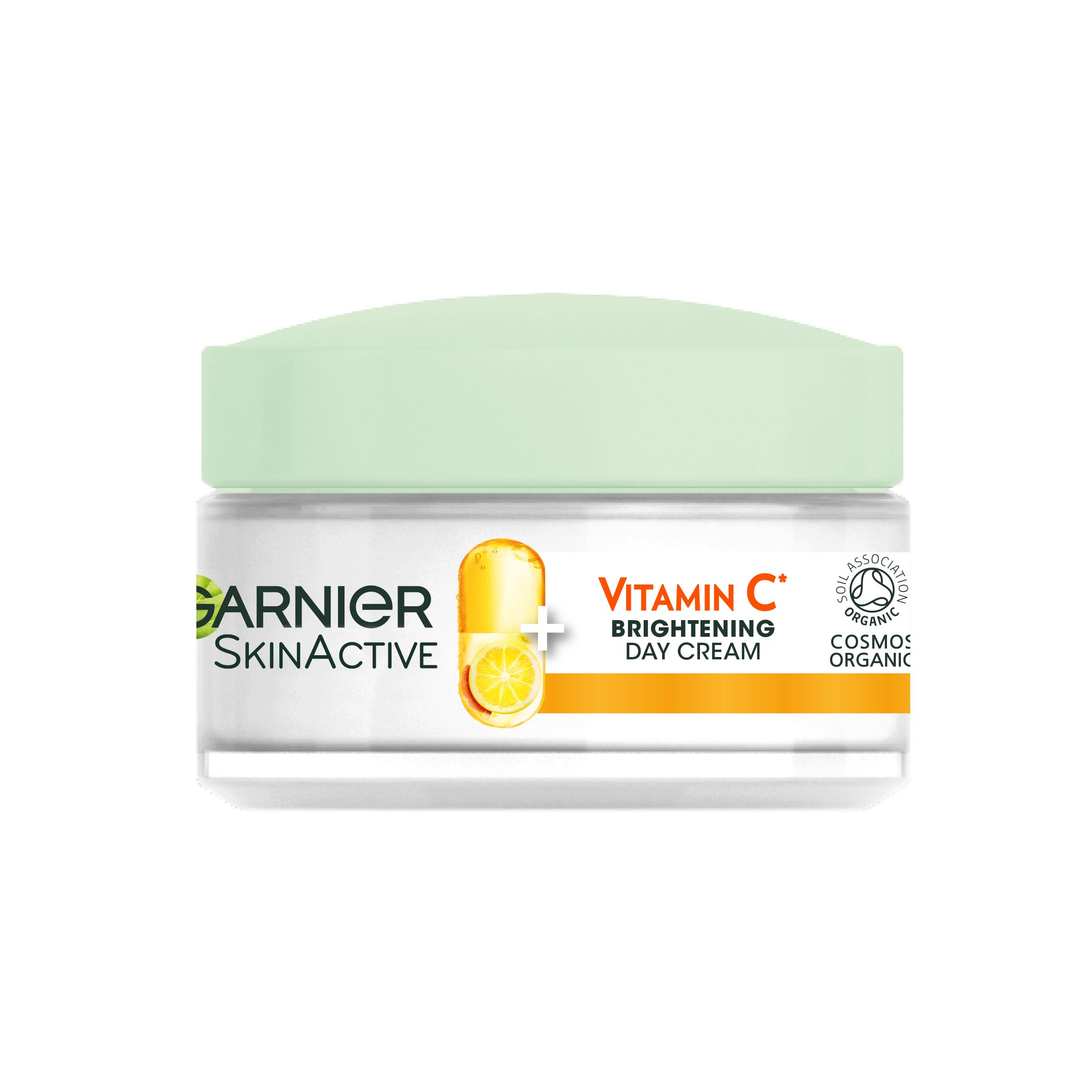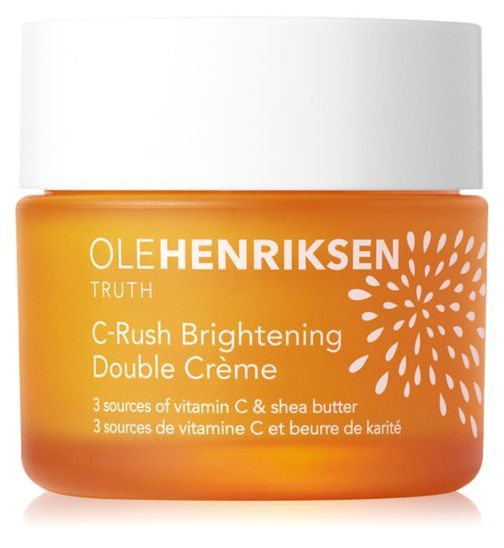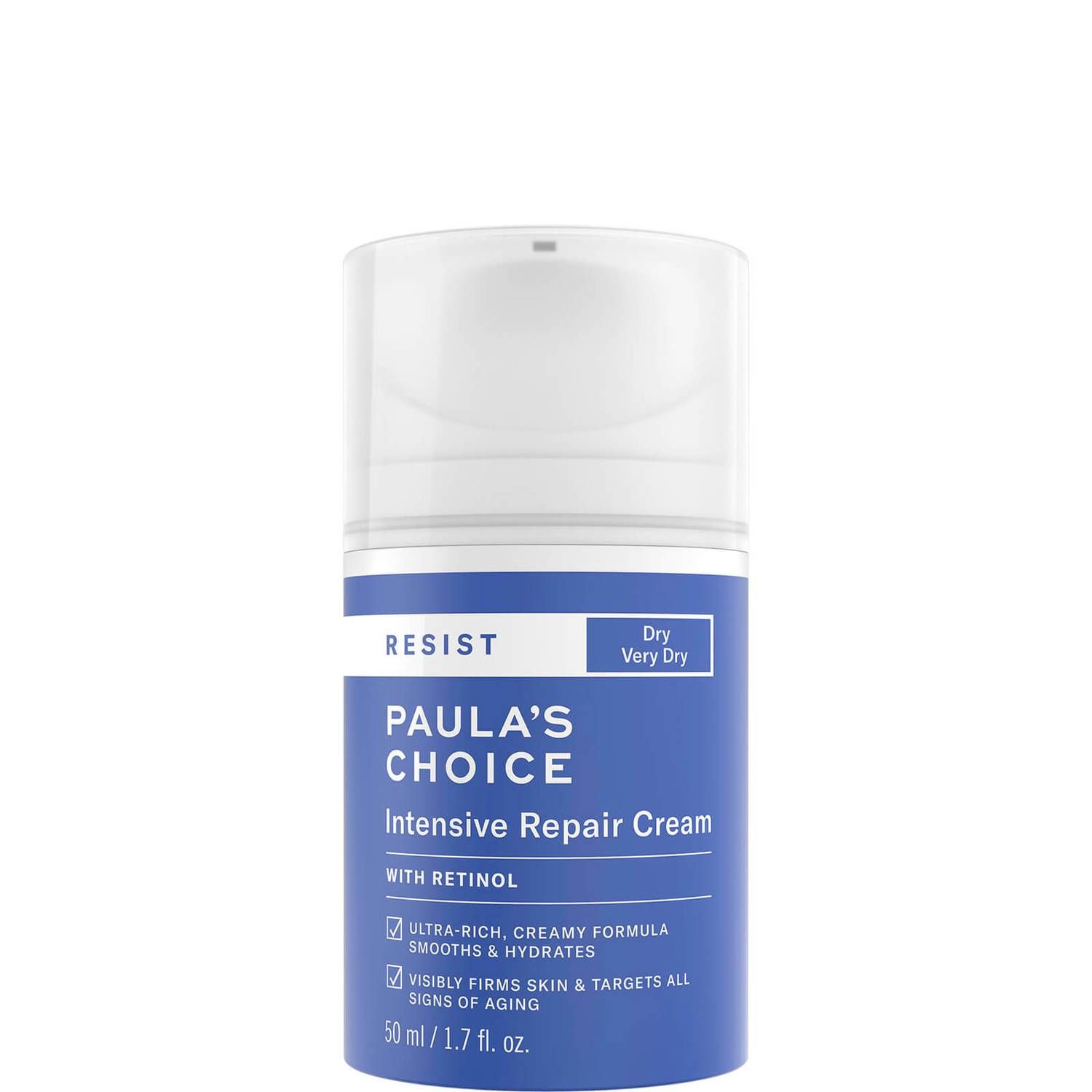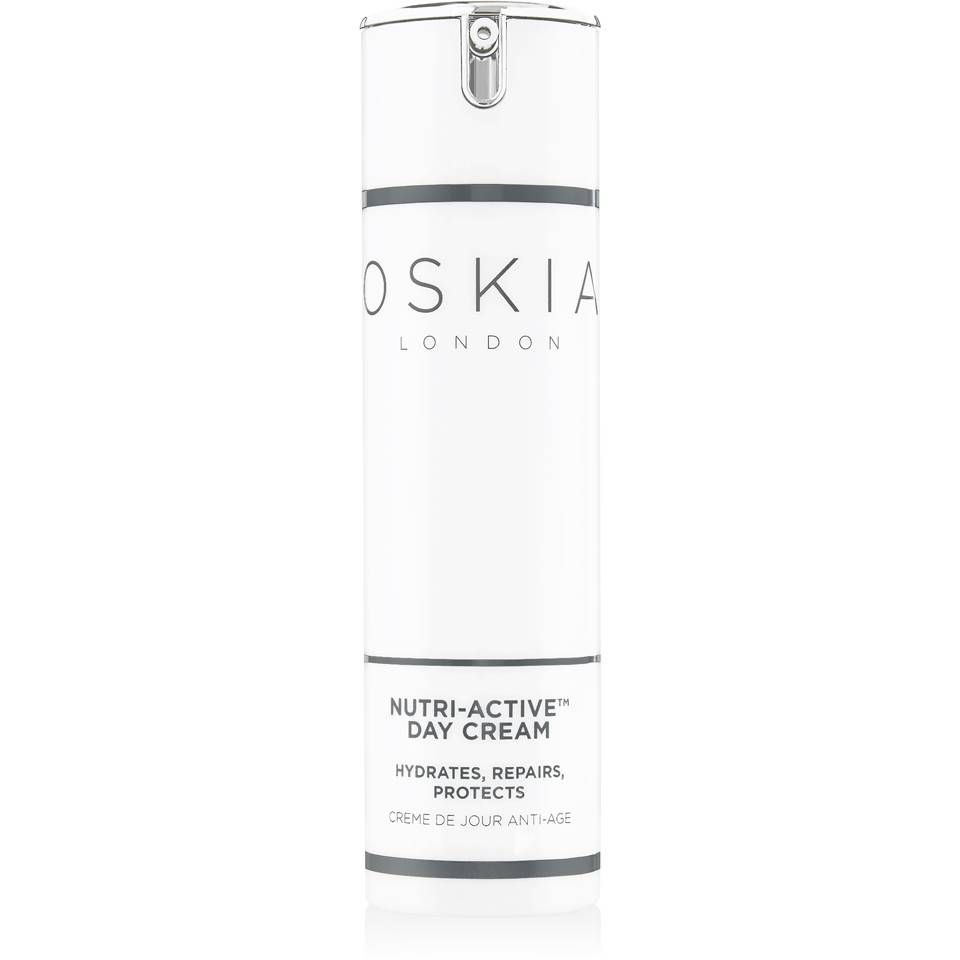
You can ask anyone I know—anyone, even my dad, who I’m certain still thinks cold creams are the height of skincare and who uses three-in-one hair, face and bodywash—what my favourite skincare ingredient is, and they will say vitamin C. It’s the game-changer ingredient that has helped me get the skin of my dreams. I struggle with hyperpigmentation and uneven skin tone, and adding vitamin C into your skincare routine is one of the best ways to tackle both. And the easiest way to add it into your routine without needing to add more steps? A vitamin C moisturiser.
“Vitamin C is a fantastic ingredient to add to your skincare routine,” agrees Bianca Estelle, skin specialist and medical aesthetician. “In fact, it’s one of my favourites. It’s a powerful antioxidant with a multitude of benefits; it encourages collagen production, and it’s great for the prevention of free radical damage. It’s often found in ‘brightening’ formulas, so it’s ideal for targeting uneven skin tone and dull skin, but it also has antibacterial and anti-inflammatory properties that can help ease acne and inflamed skin.”
It also works really well with most other common skincare ingredients, making it an easy addition to your routine. “Vitamin C also complements and boosts the activity of other antioxidant ingredients such as vitamin E, vitamin A, ferulic acid, resveratrol and glutathione—each one supporting the others’ beneficial activities,” explains David Jack, an aesthetic doctor in London.
Essentially, this is a wonder ingredient in the skincare world, and the best part is it’s suitable for all skin types, especially if you start with a gentler formula. “This is what makes this ingredient so universal,” says Estelle. “The only thing to mention is that strength varies from product to product, so newbies should be advised to start with a lighter strength before working their way up and only working their way up if necessary.”

Yes, the strength is really key to note in most cases because vitamin C can be quite potent the higher up it is on the ingredients list, so just give the product description a once-over, especially if you have a deeper skin tone. “Darker skin types have larger and more abundant and sensitive pigment cells in the epidermal layer of the skin,” says Jack. “This means that any irritation due to unstable or lower pH forms of vitamin C, or excessively high concentrations of vitamin C (over 20%), can result in an inflammatory response in the skin and overproduction of pigment (melanin) in response to this inflammation.” So if you’re looking to treat hyperpigmentation, using the wrong vitamin C can actually exacerbate this. The thing is, you probably have been using vitamin C at a tolerable level for a while because so many creams include it in the mix as low stable volume. It’s when you are told the percentage that you are really starting to use it as a more potent ingredient.
“Vitamin C can, and should, be used daily on an ongoing basis,” notes Jack. “Just remember to pair with an SPF to ensure you’re getting the full benefits from the ingredient and keeping your skin safe.” So without further ado, here are the best vitamin C moisturisers that I rave about all the time.
